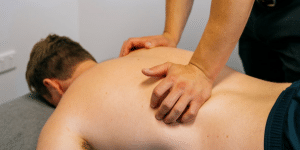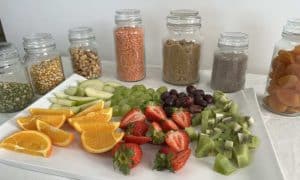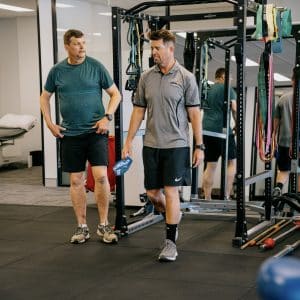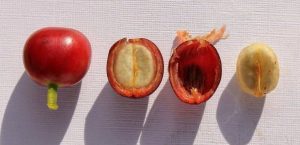Attention Women aged 19-49 Years

9 out of 10 women aged 19-49 years do not consume enough calcium-rich foods to keep their bones healthy. If you don’t consume enough calcium each day, your body takes calcium from your bones and uses it for other important functions.
Over a long period of time bone strength can decline and this may increase the risk of osteoporosis. Currently, 2 in 3 Australians over the age of 50 have osteoporosis or osteopenia (Osteopenia refers to bone density that is lower than normal peak density but not low enough to be classified as osteoporosis).
Calcium is essential for building strong bones and preventing osteoporosis later in life. Strong bones help keep women active and healthy through all of life’s stages. Ethos Health dietitians use FoodWorks dietary analysis software to determine whether your current diet contains adequate quantities and proportions of macro and micronutrients including calcium.They can also assist those who do not consume dairy find alternative sources of calcium in their diet
The 3 most important steps that women of all ages can take to ensure that their bones stay strong throughout life are:
1. AN ADEQUATE INTAKE OF CALCIUM
The Australian Dietary Guidelines recommend:
- Women 19-50 years and men 19-70 years – 2 ½ serves of dairy foods per day
- Women over 50 – 4 serves of dairy foods per day.
The dairy food group is one of the five food groups and includes milk, cheese, yogurt and/or alternatives
A serve is simply a 250ml glass of milk, a 200g tub of yogurt, or 2 slices (40g) of cheese.
2. WEIGHT-BEARING ACTIVITY
Exercising regularly is vital to help maintain bone strength.
Activities such as jogging, aerobics, tennis, dancing, netball or any exercise that is ‘weight bearing’ and done on your feet will benefit your bones. Lifting weights or resistance training is another great way to maintain strong bones.
3. SAFE SUNSHINE FOR VITAMIN D
During summer in the southern parts of Australia, and all year round in the north, most of us need a few minutes a day of sun exposure to an area of skin equivalent to your face, arms and hands to help with our vitamin D levels.
In winter in the southern parts of Australia, most of us need about 2-3 hours per week of safe sun exposure.
For more information, contact us here or book an online appointment. Feel free to call one of our dietitians to find out if your current diet is sufficient for good bone health.






